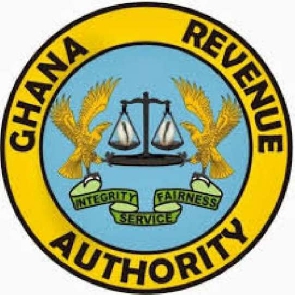The Western Regional Command of the Customs Division of the Ghana Revenue Authority says the Region has made good strides since the implementation of the paperless system of coordinating import and export transactions initiated in 2014.
He indicated that the Division, for now operated a totally paperless system for import, while some aspect of export regime did business with paperwork.
The paperless system was introduced to save businesses the undue delay of submitting paper documents from one office to the other in the name of verifying goods to be exported or imported.
Also, monetary values and other ill practices the new system sought to avoid to enable businesses carry out their activities in real times, save cost and make that sector more attractive to participate in.
Mr Francis Tanlango, Customs Commander, Takoradi explained that agents were not supposed to bring anything paper to the command, but only input their details through the electronic system values where prices were generated.
The agents, after accepting the values generated by the system, receive an electronic alert after examination by an officer of the division had certified all information electronically.
The importer is then issued a release notice to enable him or her clear goods adding, "now with import, everything is paperless from documentation to permitting".
Mr Tanlango said the Customs Division of the Takoradi Collection unit, was able to collect GH¢622,267,183.00 as against the proposed target of GH¢867,090,000.00 in 2018.
The short fall in the proposed target for 2018, Mr. Tanlango attributed to high exemptions for oil wells and mining equipment, differentials in freight charges and the inability of most vessels to berth in Takoradi due to the expansion project.
The Division pegged GH¢895, 470,000.00 for collection in 2019 and said the Division would continue to work hard for the achievements of the targets.
In 2019, the Division would deploy human escorts on some selected commodities meant for transit to foreign countries to reduce the risk of diversion, implement penalty imposition on non-compliant operators and intensify education to encourage voluntary compliance.
Business News of Wednesday, 24 April 2019
Source: ghananewsagency.org

















